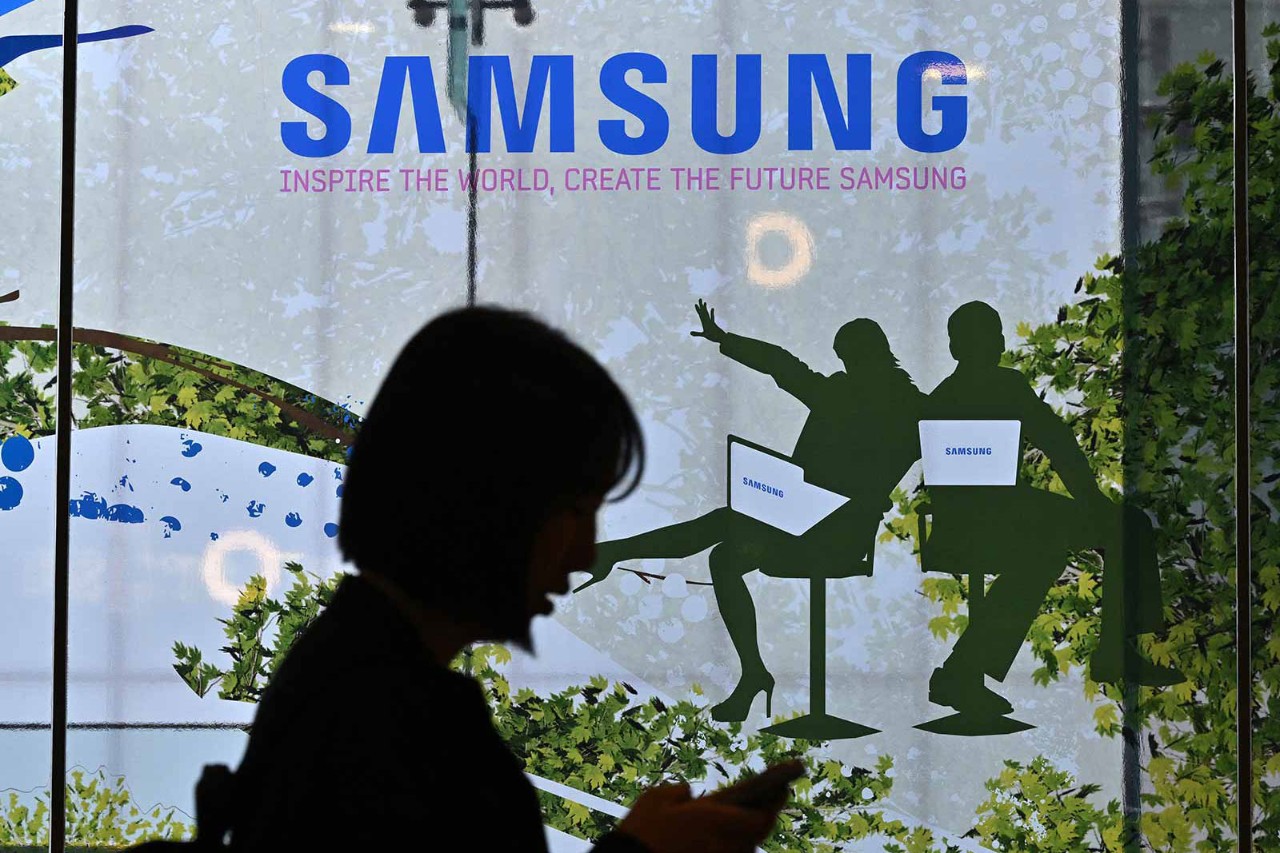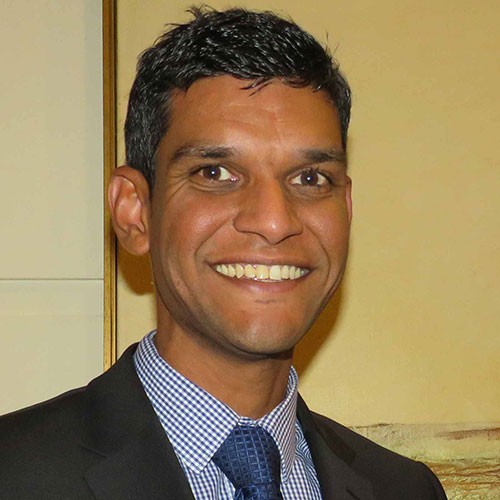
After more than 20 years in leadership roles in accounting, which saw him rising through the ranks at KPMG from junior accountant to partner, Philip Wong decided it was time for a career shift. These days, he brings the rigorous diligence and analytical expertise he deployed as a Big Four audit partner and real-estate business CFO to the tasting room as a wine educator, business consultant and contest judge.
The roots of that switch stretch far back into Wong’s accounting past. He recalls: ‘KPMG was regularly tasked with scrutineering duties to verify the results of various competitions, beauty pageants, and charity events. I was assigned as the partner in charge to lead the scrutineering engagement for the Hong Kong International Wine & Spirit Competition.’
‘I was just a casual wine drinker with limited understanding’
CV
2017–present
Wine educator for MWM Wine School, Hong Kong, and wine communicator and consultant for Wine Matters
2018–23
CFO of GT Land Holdings, and CFO of Utopa, Hong Kong
1991–2015
A series of roles culminating in partner for last 10 years, KPMG China, Hong Kong
The role gave him unique access behind the scenes. ‘It’s important that the judges can’t see identifying details on the bottles so their scoring remains impartial. We managed everything backstage, collecting the scores from each judge and verifying the numbers,’ he says.
Vintage knowledge
It was how he met Debra Meiburg – the first recipient of the Master of Wine title in Asia and the founder of Meiburg Wine Media (MWM) in Hong Kong – and was introduced to the in-depth wine knowledge required for such a high-level competition.
‘I’ve always enjoyed wine and would order a house pour or glass when going out to dinner with my wife. But I was just a casual wine drinker with limited understanding,’ he explains.
He formally studied wine with the Wine & Spirit Education Trust (WSET) and the Wine Scholar Guild. ‘The diploma level of the WSET programme delved far more extensively into each style – sparkling wines, still wines, fortified wines, and spirits – and looked into how viticulture and winemaking may impact on styles and quality. That experience is what ultimately led me here today,’ he says.
‘Just as auditors assess financials based on objective evidence, a wine judge evaluates sensory data’
Judgment day
A turning point came in 2017, when Meiburg invited him to help judge the prestigious Hong Kong International Wine & Spirit Competition. Instead of verifying scores behind the scenes, he directly evaluated the wines.
As Wong sees it, there are significant differences in the technical skills required for accounting work and wine evaluation, but the evaluation and communication processes share many similarities.
‘Technically, accounting requires expertise in standards, compliance, rules and mathematics, while tasting is more about using your senses to evaluate and appreciate wine as an art form,’ he explains. ‘When doing a blind tasting, you need to consider objective factors like acidity, tannins, colour and flavours. Just as auditors assess financials based on objective evidence, a wine judge collects sensory data and understands a wine based on its qualities.’
Right now, Wong is very much steeped in the world of wine, sharing his broad knowledge and experience through his wine blog Wine Matters and in columns for newspapers such as Headline Daily and Wine & Spirits Magazine. He also teaches courses at the MWM Wine School in Hong Kong.
‘For accountants, the career path is clear if you put in the work’

Career pivot
Over his career, he has worked with real estate, telecommunications, and petrochemical companies in mainland China, helping pursue new stock exchange listings. In Hong Kong, the bulk of his portfolio involved property development, investment and management.
After KPMG, he had a five-year stint as CFO at GT Land Holdings, a Guangzhou-based commercial property group, where his passion for wine could prove very useful. ‘Some of the company’s operations involve food and beverage retails within the properties, so my knowledge of the wine industry, different styles and market trends could help inform discussions about using wine to enhance certain business lines. Wine is also a good conversation starter.’
Chosen terroir
When he studied at the Wine Scholar Guild, he chose to focus on France and Italy because of their far-reaching influence on global wine traditions. But the region that holds a very special place in his heart is Canada’s Okanagan Valley.
‘I took a trip there in 2022. I was so impressed by the 12 wineries I visited that I ended up writing my first travelogue book on it.’ As he learned first-hand, the region’s microclimates and soils offer the perfect landscape for grape growing, with cold winters but ample sun exposure in summer. According to Wong, it is a special terroir that produces wines that are complex and expressive.
‘Most wine studies on Canada begin and end with ice wines,’ he explains. ‘Okanagan focuses on classic varieties like riesling, chardonnay and cabernets, but because of its distinctive climate these same grapes produce very different wines than in other regions. The emerging region deserves so much more recognition within the global wine conversation.’
‘My journey so far has been a blend of my accounting background and my growing passion for wine’
Wine culture
Working as a wine business consultant in Hong Kong, Wong has witnessed significant changes over the years, such as the exemption of wine from customs duties.
‘The wine culture here has always embraced diversity – people are open to different styles and eager to explore wines from both Old World and New World regions,’ he says. ‘We are fortunate to have easy access to diverse wines from around the world without the more protective policies of major wine-growing places like France’s Burgundy.’
As he looks to the future, Wong remains passionate about discovering the local culture, climate, soil characteristics and production methods that go into each bottle of wine, and how these elements tell the story of a wine’s sense of place.
‘I expect to take on more exciting sourcing and tasting trips internationally. I’m particularly keen on leading groups from Hong Kong on wine-focused visits to destinations like Italy or Canada,’ he says.
‘My journey so far has been a blend of my accounting background and my growing passion for wine. It’s incredibly rewarding to have a career that combines both of my life interests.’



